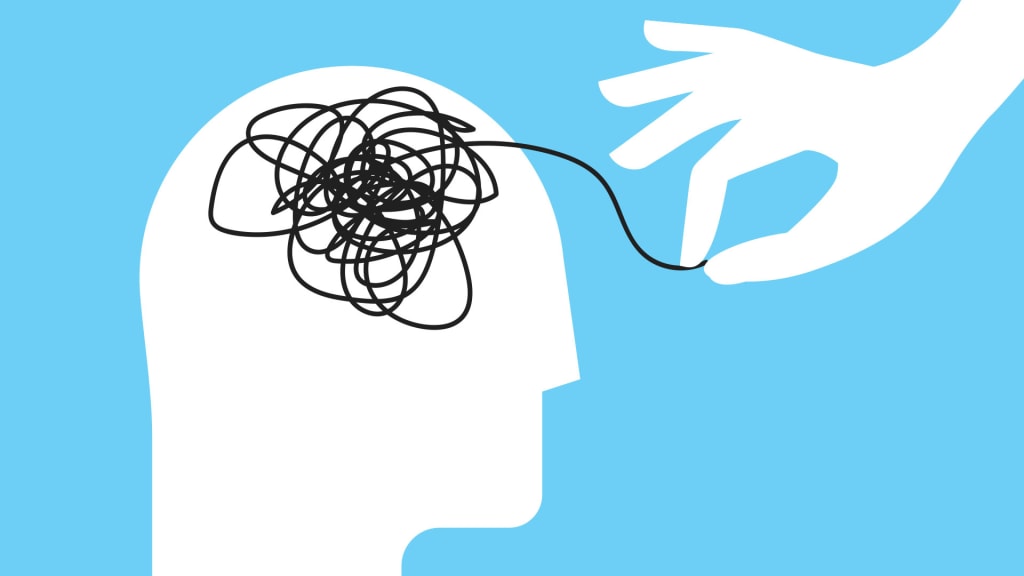
In the tapestry of human well-being, mental health and physical health are two threads so closely intertwined that it's impossible to affect one without touching the other. For too long, these aspects of health have been treated as separate entities, with mental health often being sidelined or stigmatized. However, a growing body of evidence and a shift in public consciousness are highlighting the critical interplay between what goes on in our minds and the state of our bodies. This article delves into the complex relationship between mental health and physical health, exploring how they influence each other and why a holistic approach to well-being is essential.
Mental health encompasses our emotional, psychological, and social well-being. It affects how we think, feel, and act. It also helps determine how we handle stress, relate to others, and make choices. On the other hand, physical health refers to the well-being of the body and the proper functioning of its systems and organs. While these definitions might suggest two distinct realms, the reality is that they are deeply interconnected.
One of the most striking ways mental health can impact physical health is through the physiological effects of stress, anxiety, and depression. Chronic stress, for example, can weaken the immune system, making the body more vulnerable to illnesses. It can also lead to high blood pressure, heart disease, obesity, and diabetes. The mechanisms behind this are complex, involving the stress hormones cortisol and adrenaline, which, when chronically elevated, can wreak havoc on the body's metabolism and cardiovascular system.
Moreover, mental health conditions can influence physical health through the lens of self-care. Individuals grappling with depression may experience reduced energy levels and motivation, leading to poor dietary choices, less physical activity, and neglect of medical care. This can create a downward spiral where physical health declines, further exacerbating mental health issues.
Conversely, physical health significantly contributes to mental well-being. Regular physical activity is a powerful antidote to stress, anxiety, and depression. Exercise releases endorphins, which are natural mood lifters. It also improves sleep, which is crucial for mental health. A healthy diet, rich in nutrients that support brain function, can also play a vital role in preventing mental health disorders and improving cognitive function.
The impact of physical illness on mental health is another critical aspect of this relationship. Chronic conditions that cause pain or limit mobility can lead to feelings of frustration, depression, and anxiety. The uncertainty and lifestyle changes that come with a diagnosis can also take a toll on mental well-being. This is not just a matter of feeling down about being unwell; the mental health effects of physical illness can be profound, affecting quality of life and even the progression of the disease.
Given this intricate dance between mental and physical health, it's clear that a holistic approach to well-being is essential. This means recognizing the importance of mental health in overall health and addressing it with the same urgency and seriousness as physical health concerns. It also means integrating mental health care into primary health care settings, making mental health services more accessible, and reducing the stigma associated with seeking help for mental health issues.
In conclusion, the relationship between mental health and physical health is a powerful reminder of the interconnectedness of our minds and bodies. Neglecting one aspect of our health can never be without consequences for the other. As we continue to unravel the complexities of this relationship, it's crucial that we adopt a more integrated approach to health and well-being, one that values mental health as an indispensable part of our overall health. Only then can we hope to achieve a state of complete physical, mental, and social well-being.
About the Creator
Enjoyed the story? Support the Creator.
Subscribe for free to receive all their stories in your feed. You could also pledge your support or give them a one-off tip, letting them know you appreciate their work.





Comments
There are no comments for this story
Be the first to respond and start the conversation.